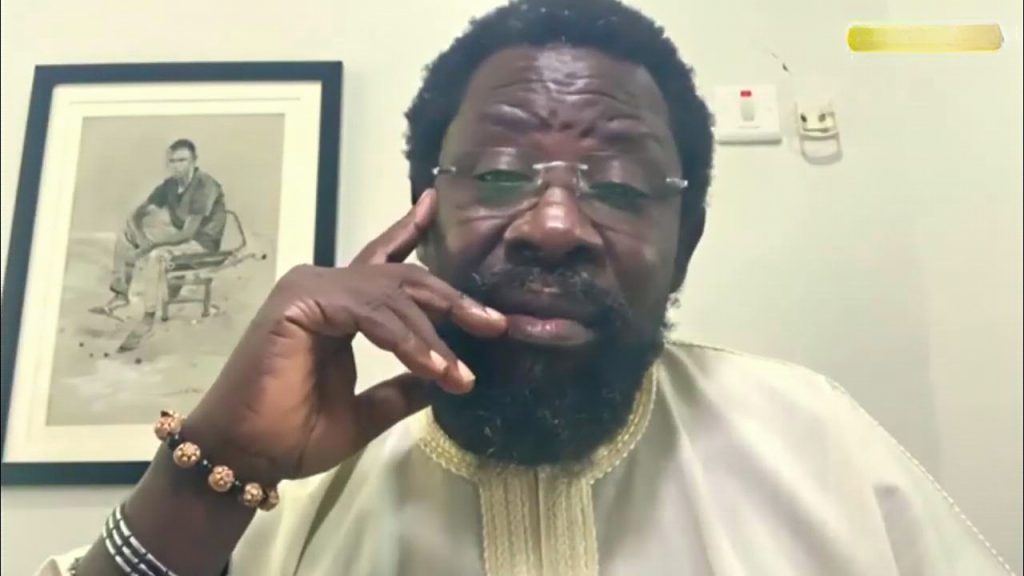
In an interview on Tuesday, Farotimi said the continued clampdown on protesters and court restrictions on citizens’ rights to assemble freely show that the country has strayed far from democratic principles.
“In a democracy, there should never be a need for police permission before a protest,” he said. “The police are only to be notified so they can provide security. When a court assumes the power to restrict peaceful demonstrations, it’s proof we’re not in a democracy, we’re only mimicking one.”
His comments followed Monday’s protest in Abuja, led by activist Omoyele Sowore and other #FreeNnamdiKanu campaigners demanding the release of the detained IPOB leader, Nnamdi Kanu. The protesters defied court orders and police warnings, marching with placards before being dispersed with tear gas by security operatives.
Farotimi described the idea of citizens needing police approval to protest as “completely unheard of in a true democracy,” insisting that the police are public servants, not gatekeepers of citizens’ rights.
“It’s absurd that citizens would need permission from their paid employees before gathering peacefully,” he added.
The activist also accused the judiciary of losing its independence and acting as an extension of the executive arm of government.
“Our judiciary is unfit for purpose. It does exactly what the executive wants and no longer serves the cause of justice,” he said, noting that “an order is only as valid as its lawfulness.”
Farotimi argued that only violent protesters should be arrested, not those demonstrating peacefully. Recalling his own experience of being prosecuted under what he described as a “non-existent law,” he said it reflected the dysfunction in Nigeria’s legal system.
Expressing frustration with the government’s attitude toward public grievances, he said:
“I don’t join protests anymore because I know they’re merely speaking to the deaf. The Nigerian state doesn’t listen.”
Reflecting on the 2020 #EndSARS movement, Farotimi said the government’s response, changing the unit’s name from SARS to SWAT, proved that no real reform occurred.
“They changed the name, but not the character. The Nigerian state changes nothing for anyone; it’s not interested in pleasing those who call themselves citizens,” he said.
The article was originally published on Politics Nigeria.


